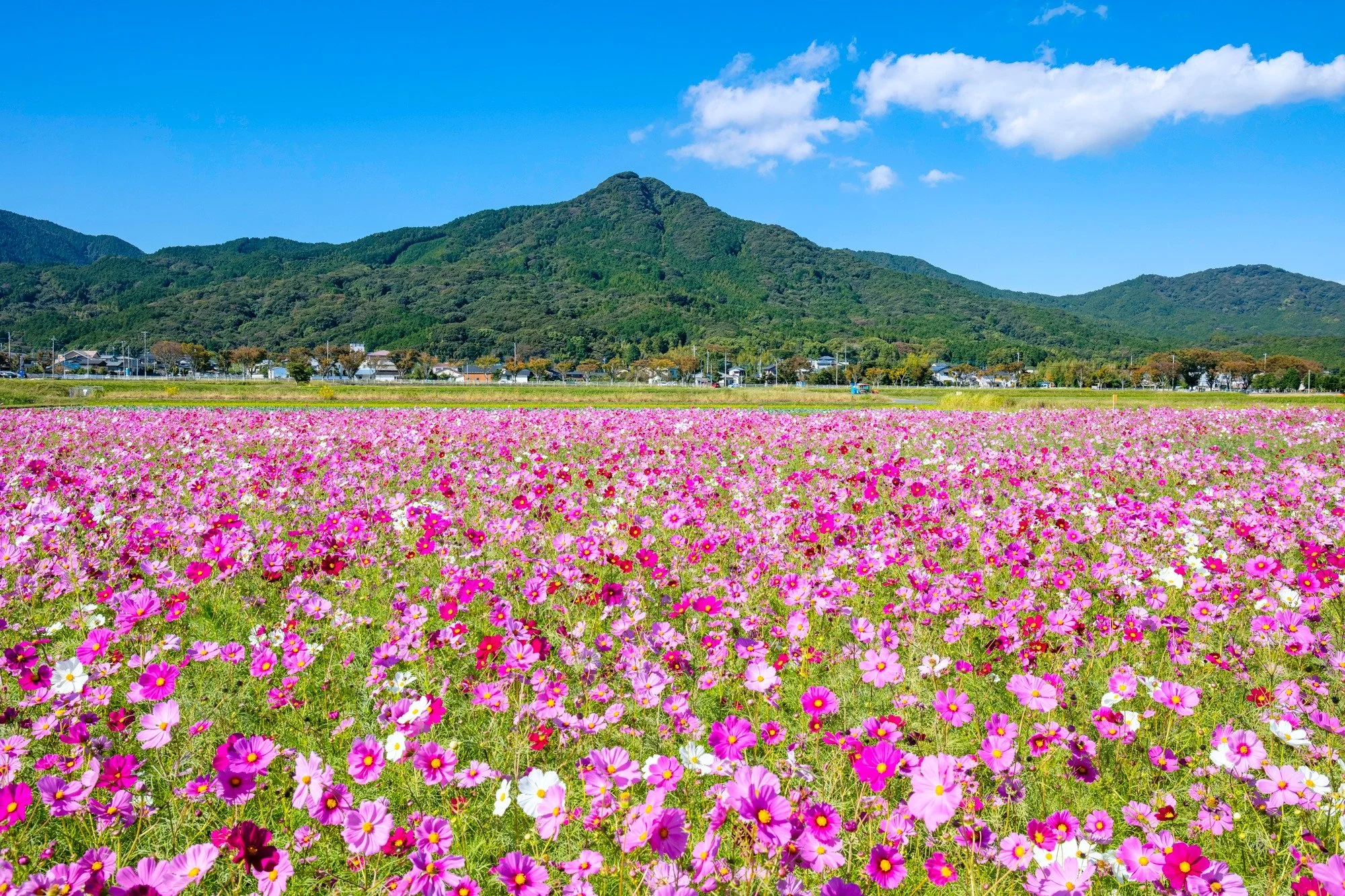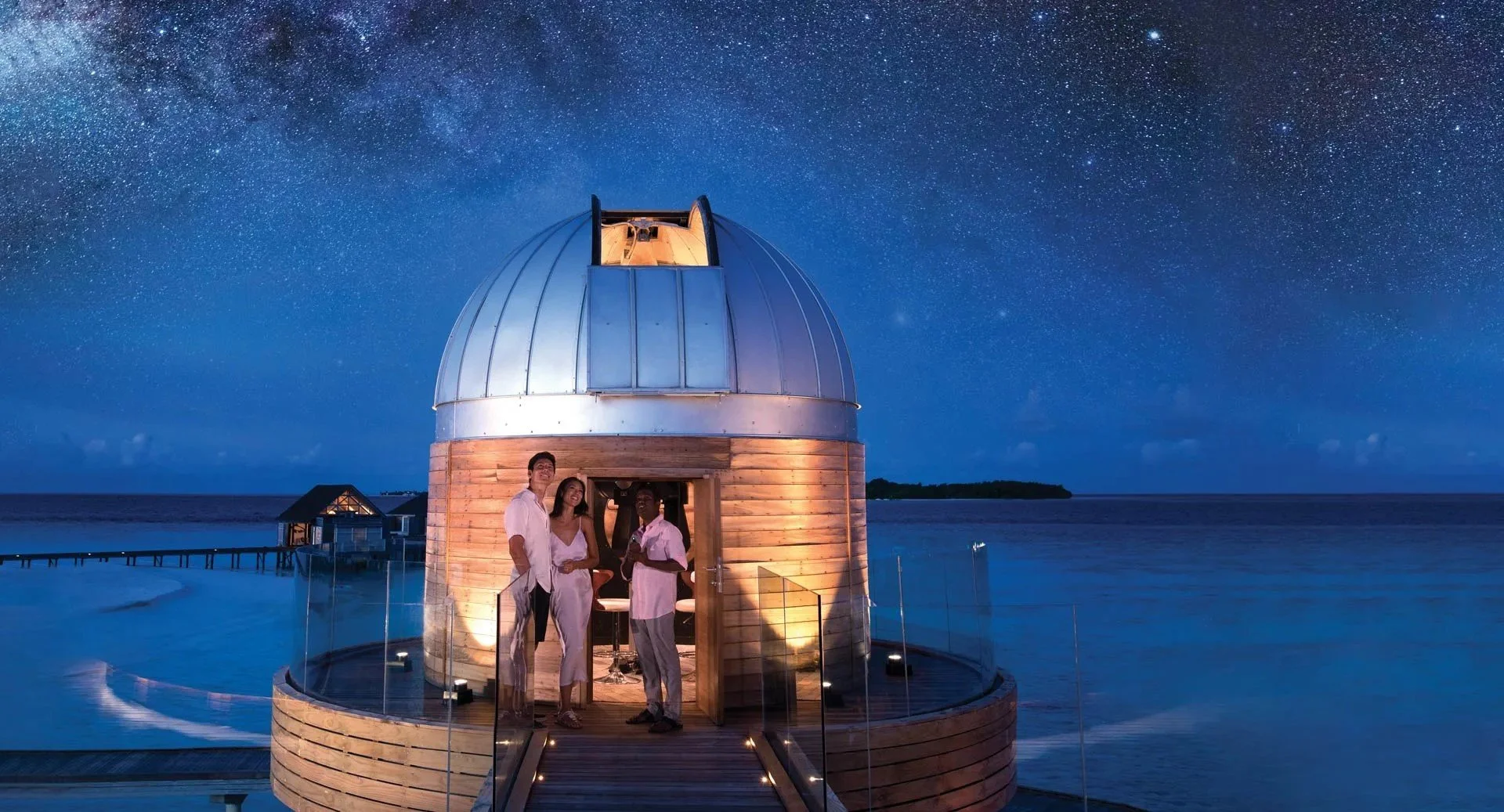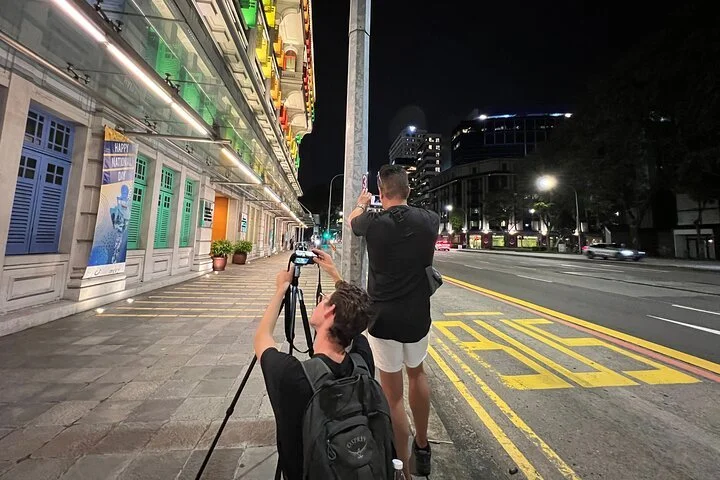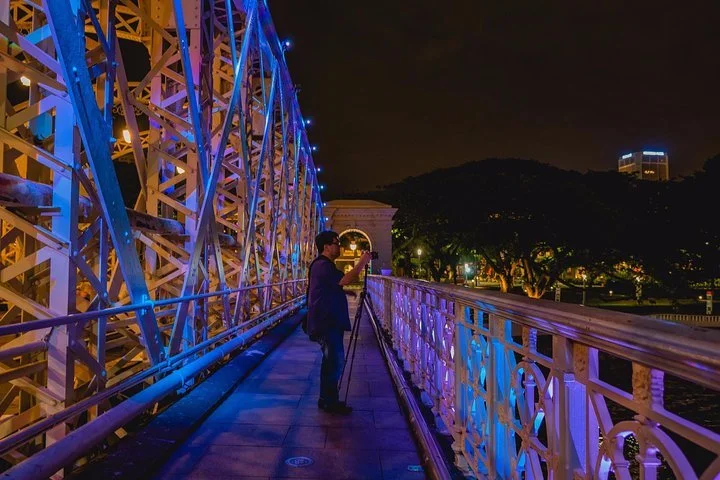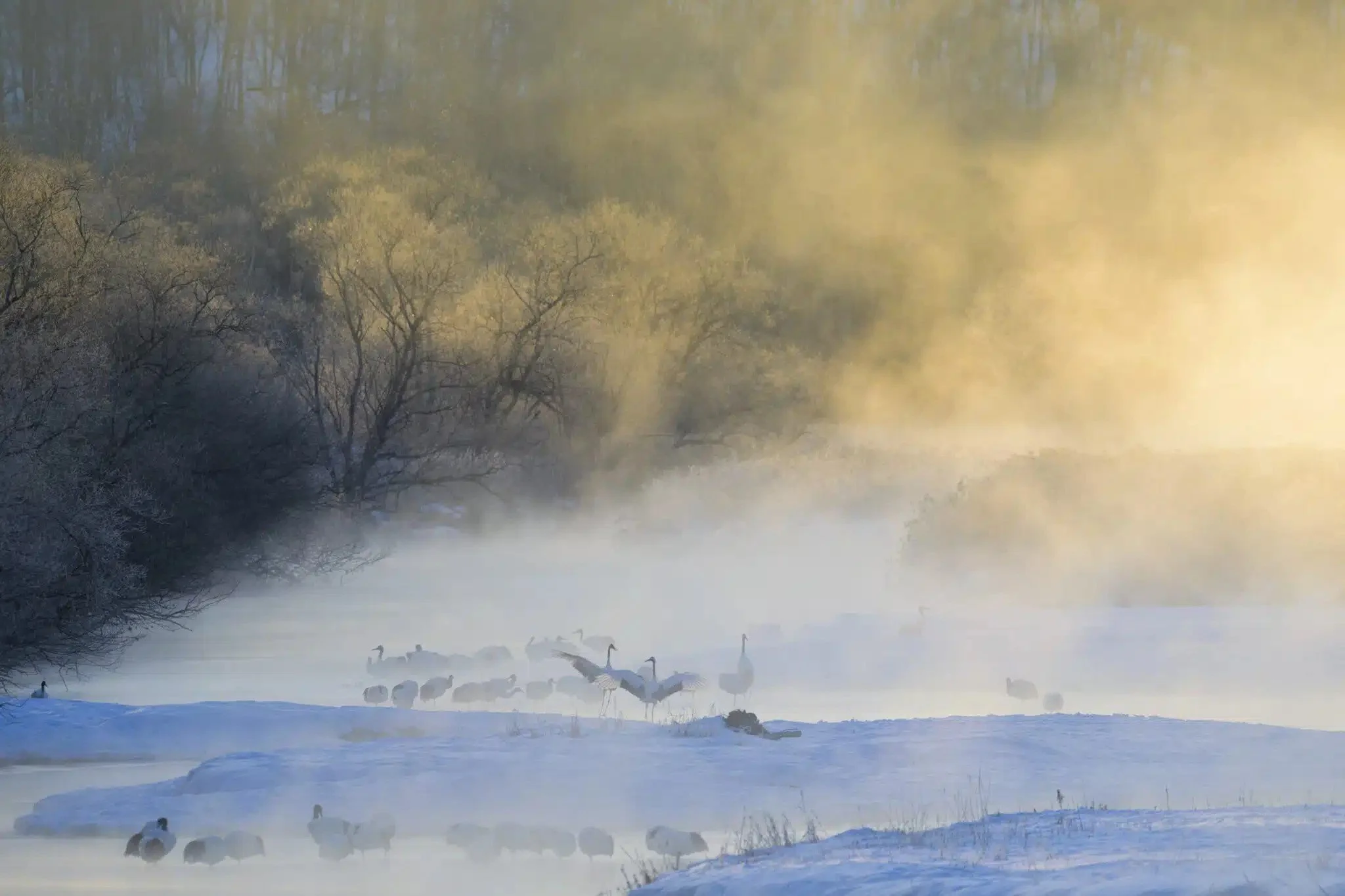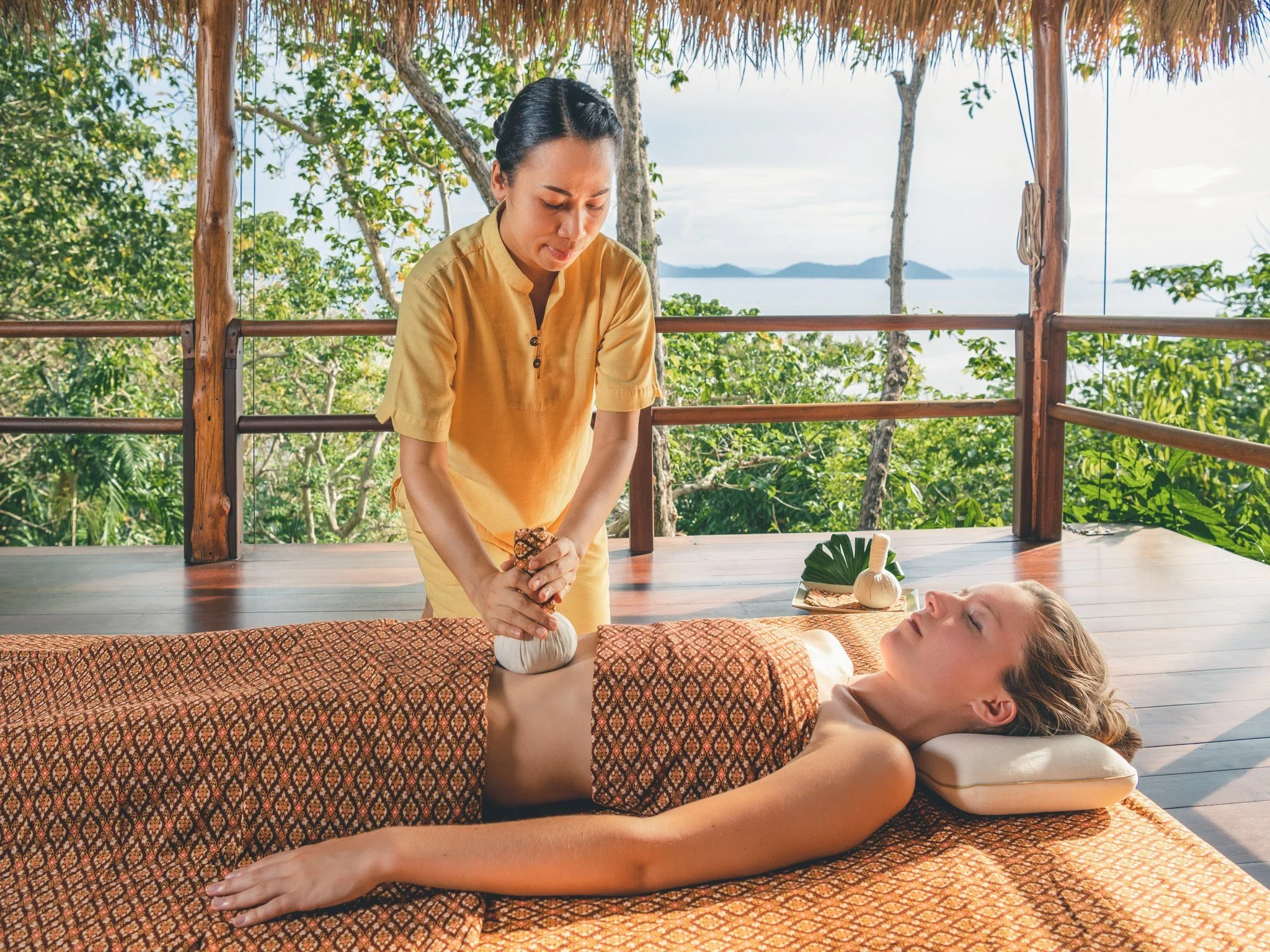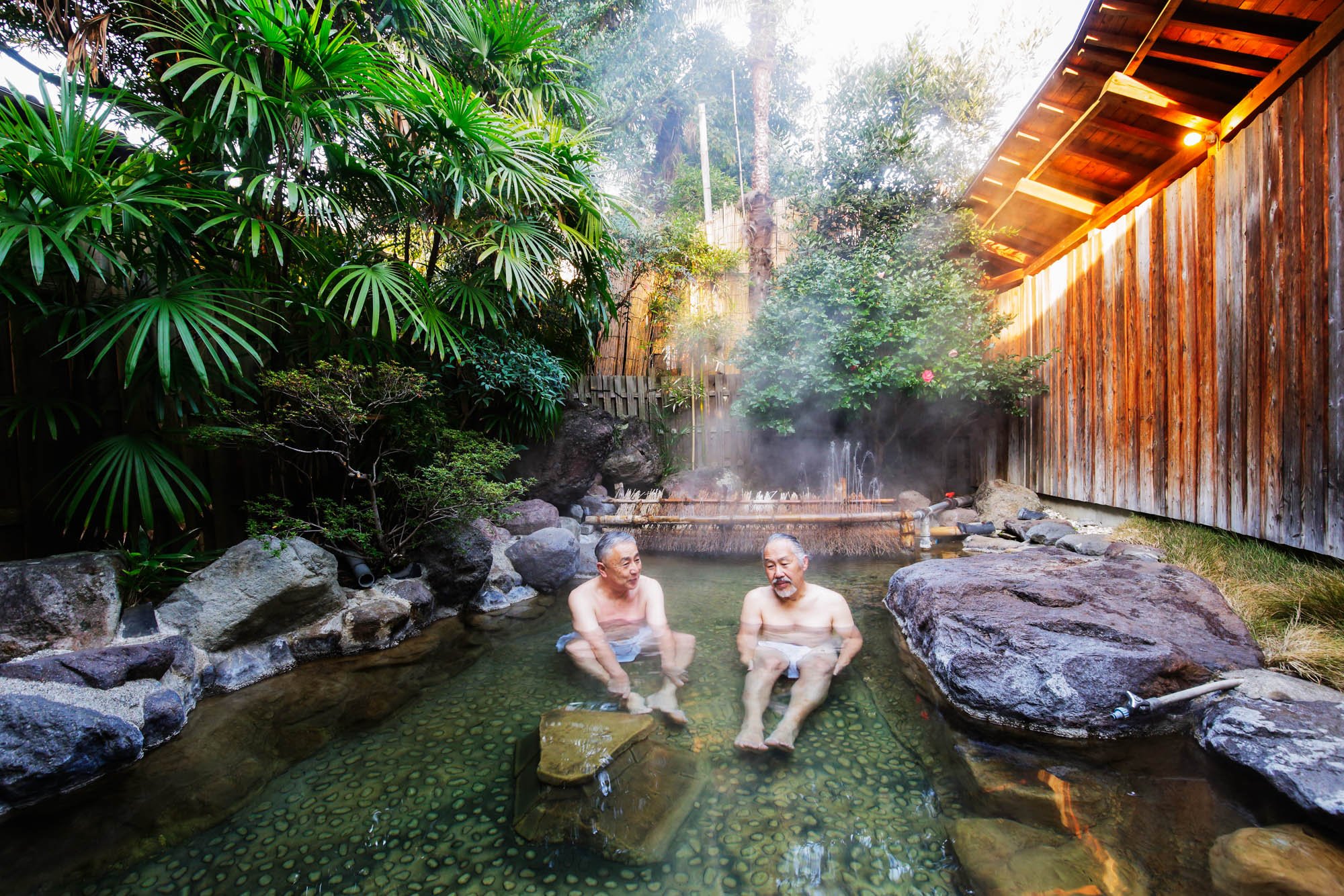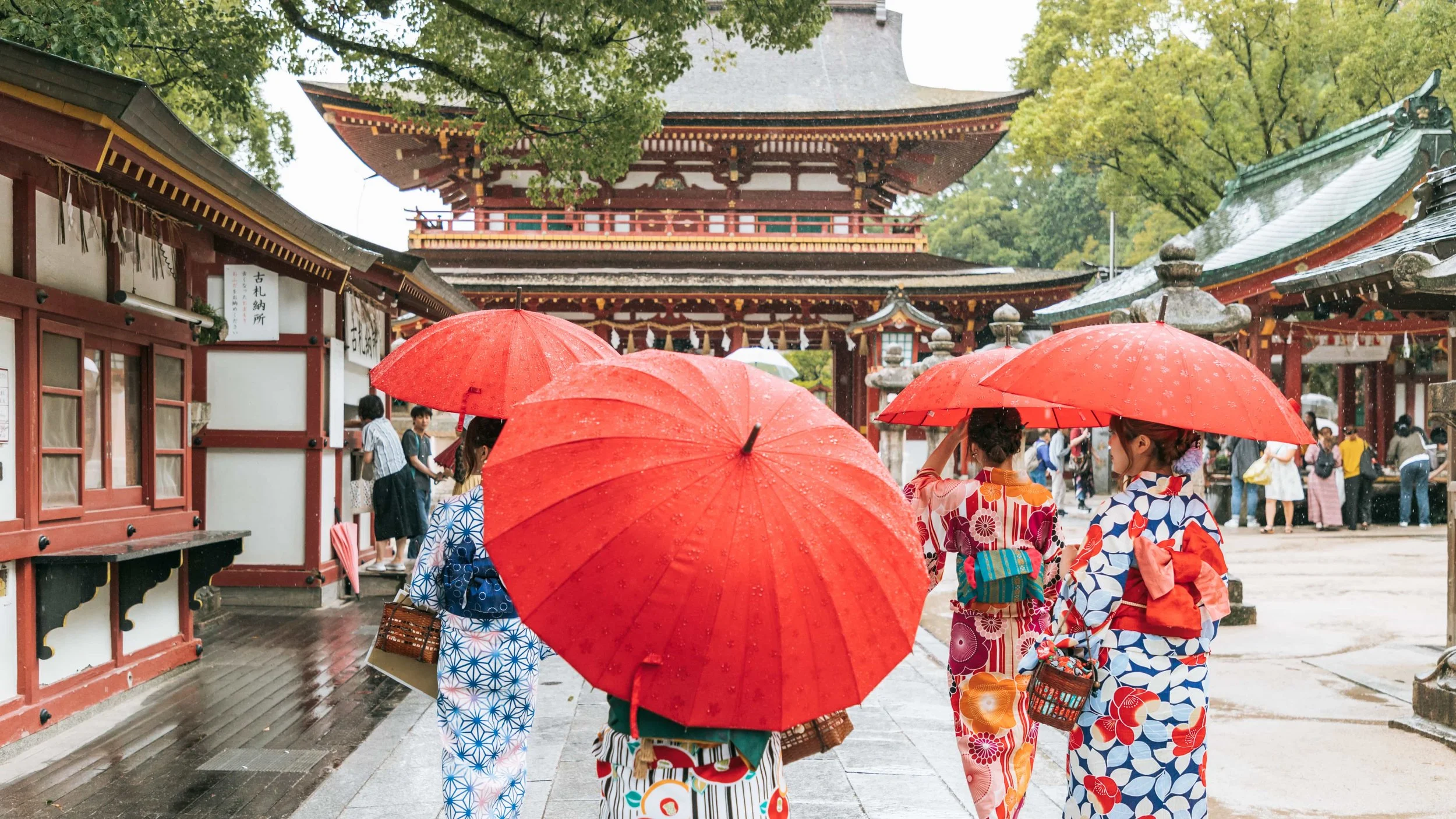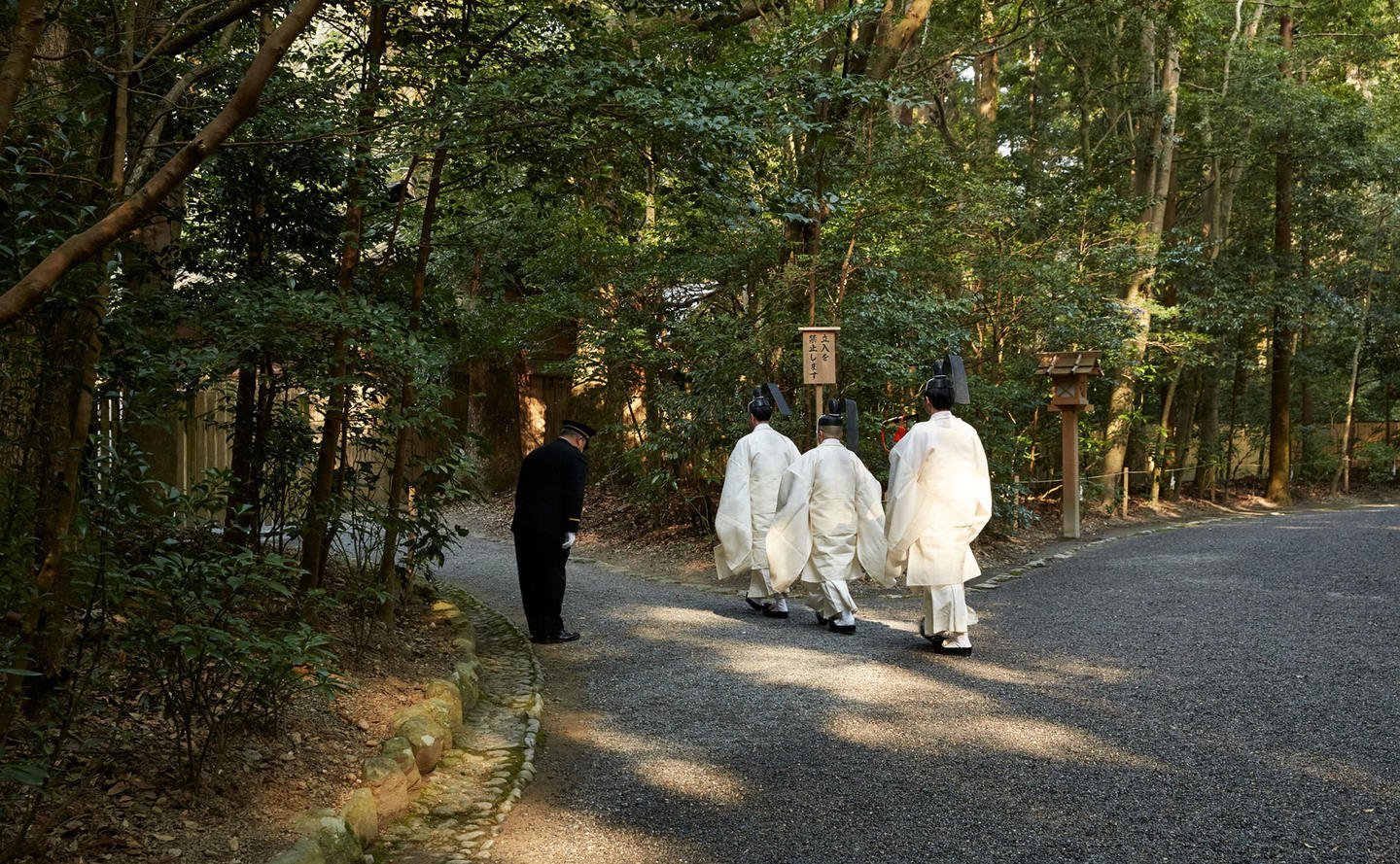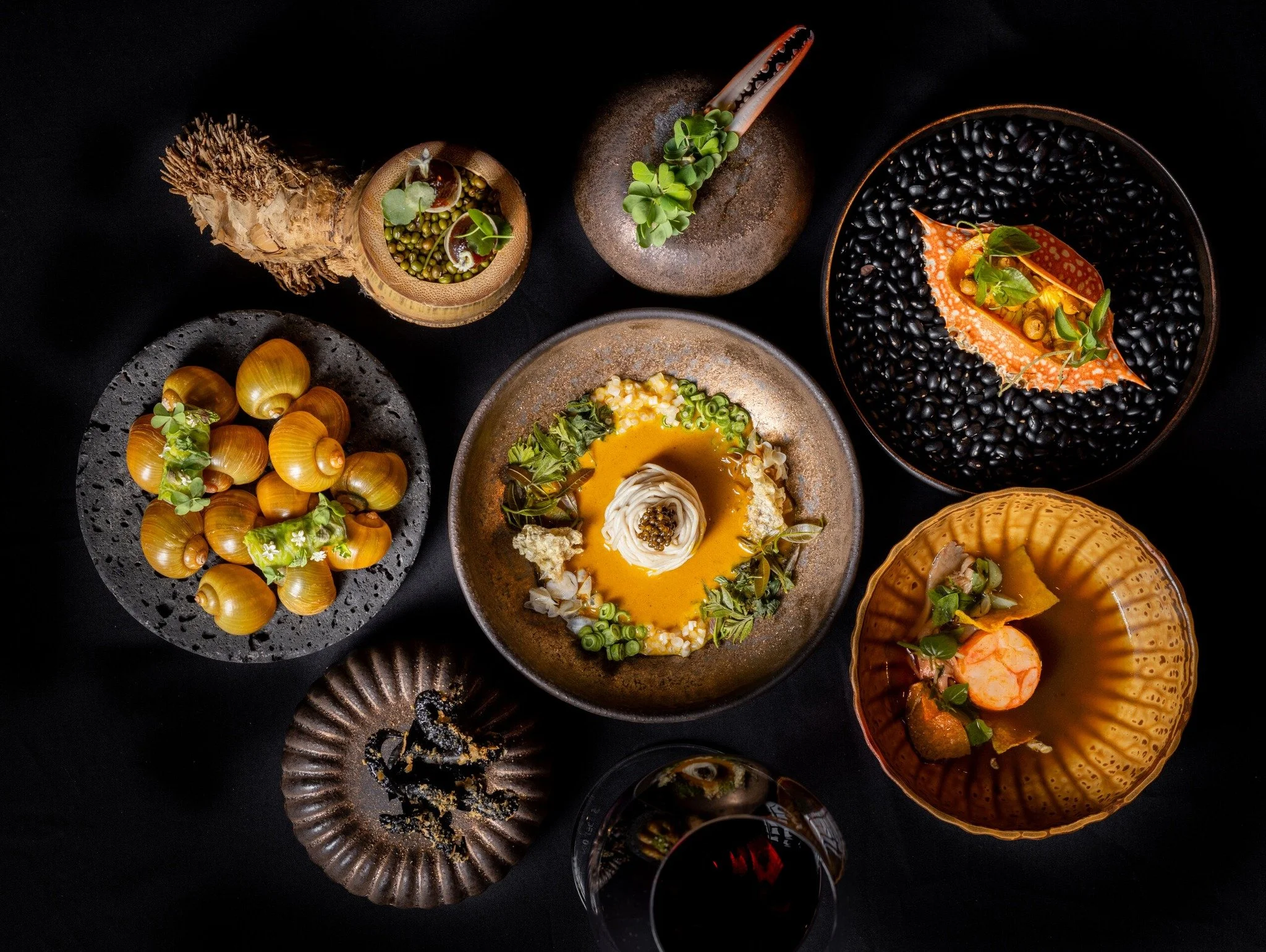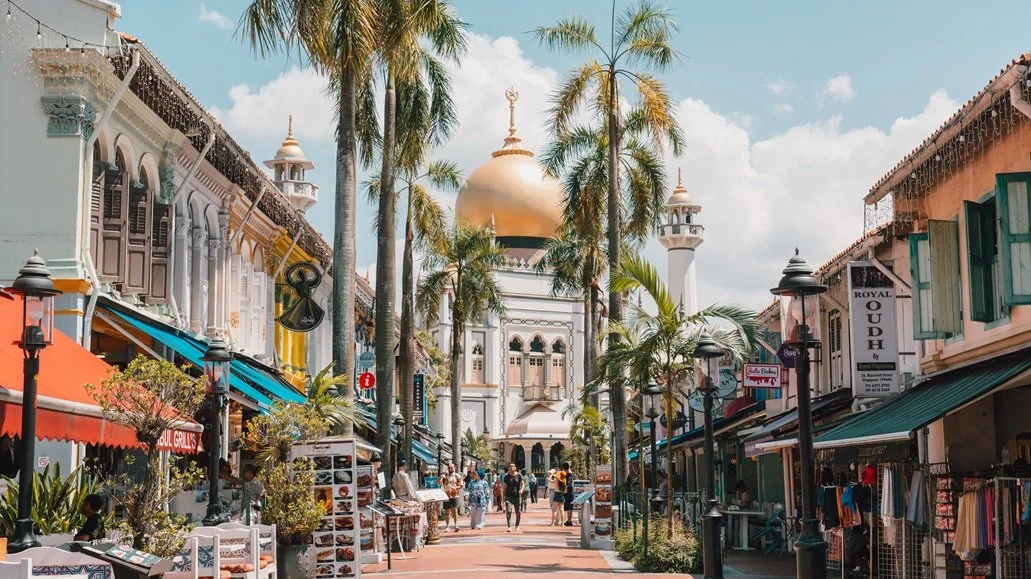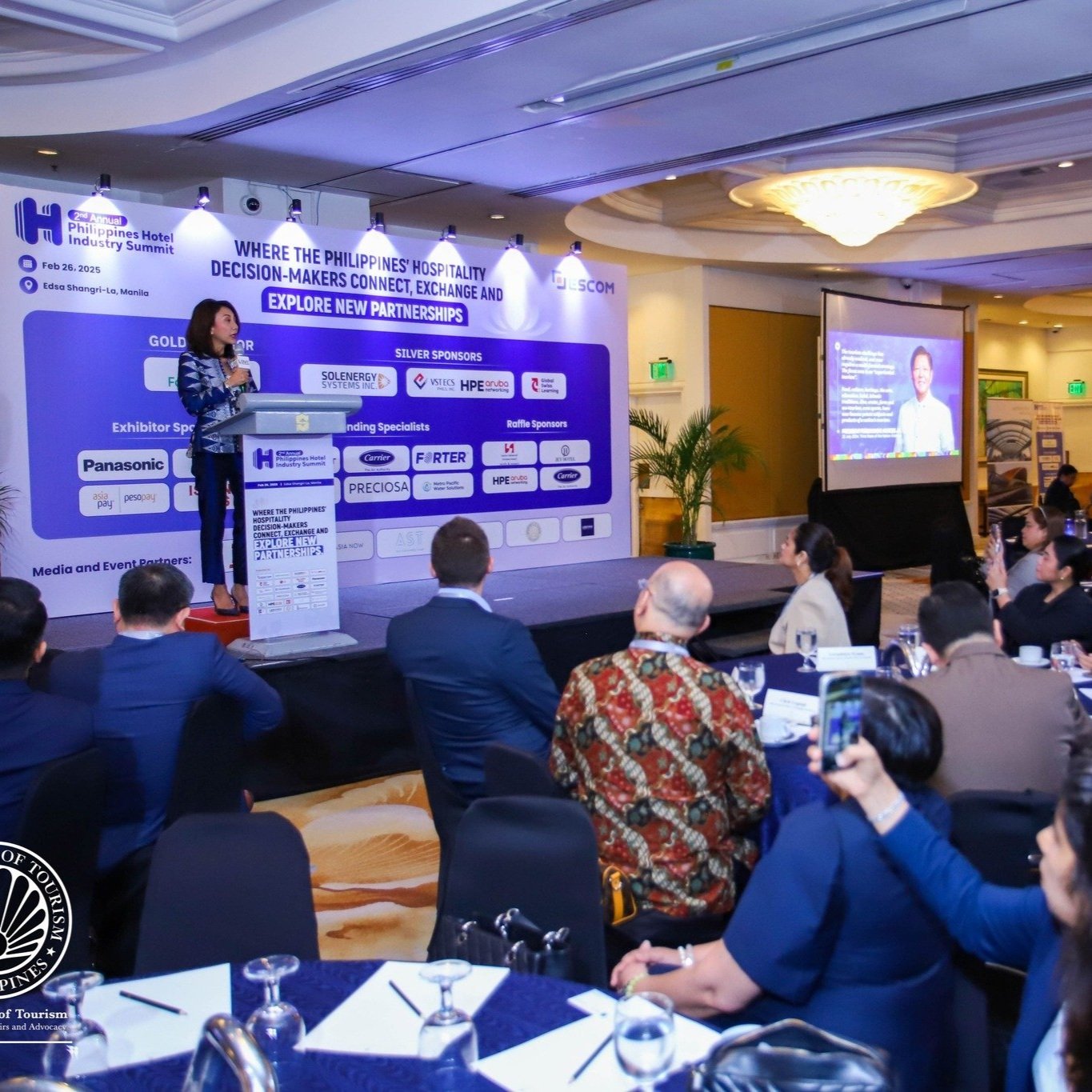The 2025 Travel Trends Are Out. Now What?
Photo by Visit Fukuoka Japan
The travel industry is undergoing significant changes, with new trends reshaping its future. People are no longer just booking the usual trips; they are after unique experiences like nighttime adventures and wellness retreats focused on longevity. These evolving preferences mean the hospitality industry has many opportunities to innovate and get creative.
Leading platforms like Booking.com and Expedia have already shared their travel predictions for 2025, providing valuable insights into the wants and needs of travelers.
However, simply knowing these trends is not enough. The hospitality sector must now leverage them for conscious growth and success.
This article will explore the 2025 key travel trends and provide you with actionable strategies to harness these insights for a competitive advantage.
Noctourism's Nighttime Allure and ‘The PhenomenaList’
The fascination with nighttime adventures and celestial experiences, known as noctourism (nocturnal tourism), is increasingly captivating travelers. According to Michelle Gao, Regional Manager of Mekong and China at Booking.com, 67% of APAC travelers express interest in visiting dark sky destinations, while 61% plan excursions in the evenings and early mornings.
Gao offers the following strategies for hotels to adapt to this growing trend:
Offer flexible check-in and check-out times to those seeking nighttime escapades.
Offer unique experiences such as dinner under the stars and evening wellness activities.
Collaborate with local operators to offer stargazing or night photography tours, as well as events that highlight local nighttime attractions.
Stargazing at Anantara Kihavah Maldives Villas
Taiwan's Jiufen Old Street offers vibrant night markets where visitors can experience local culture, cuisine, and crafts under the glow of lanterns. Night photography workshops are also available in Singapore.
Photos by Singapore Night Photography/Tripadvisor
Expedia’s The PhenomenaList reveals that travelers are going to great lengths to witness natural wonders. From the Northern Lights (topping the list of desired phenomena at 61%) to geological spectacles like volcanoes and geysers (30%), these breathtaking moments drive preferences for accommodations that offer unobstructed views.
Ludivine Allagnat, Expedia’s Head of B2B Comms, Global Supply, Corporate Communications, offers the following strategies:
Properties near dark skies, beaches, or geothermal hotspots can capture this audience by highlighting their unique locations and easy access to breathtaking natural events. Accommodations with features like large windows, outdoor decks, or private spaces designed for stargazing or viewing events such as sea turtle hatching create additional appeal.
Use vivid descriptions and captivating visuals in your marketing to position your properties as must-visit destinations for those seeking unforgettable encounters with nature.
The ballet of Japanese cranes in Hokkaido, Japan, can be viewed from a private vacation rental. Photo by Expedia.
Wellness Journeys and Longevity Retreats
The pursuit of well-being and longevity is influencing travel choices, with a notable interest in health-focused experiences that offer lasting benefits.
"60% of APAC travelers are interested in a longevity retreat — a super-charged flex on traditional well-being itineraries where temporary fixes are replaced in pursuit of a longer, healthier life," says Gao.
How can businesses prepare to meet the growing demand for wellness-oriented travel experiences? Gao offers the following advice:
Keep your offerings and facilities up-to-date on your communication channels as well as your listings so future guests know what activities are available onsite.
Offer packages that integrate holistic wellness, such as mindfulness retreats, fitness programs, and local healing traditions to enhance guest experiences.
Partner with local wellness experts or nearby centers and amenities such as healthy dining options, meditation spaces, and local ingredient-based spa services to set your property apart.
Kamalaya Koh Samui offers a comprehensive wellness program to meet various health and wellness goals, with a tailored approach for more specific outcomes or a focus on a particular modality such as Ayurveda, naturopathy, or traditional Chinese medicine.
Varana’s “wellcation” experience offers an inspired mix of engaging activities, comfortable accommodations, natural healing experiences, nourishing cuisine, and a spa infused with Thai herbal practices and Eastern wisdom.
Photo by Kamalaya
Men-Only Wellness Retreats
The demand for male-centric wellness and mental health retreats is on the rise, according to Booking.com. This trend reflects a growing acknowledgment of the importance of mental well-being, fitness, and personal growth among men.
"With cultural change bringing progress to conversations around male mental health and societal pressures, moments that combat loneliness and prioritize more mindful male bonding will prevail in travel. Over half (53%) of APAC travelers confirm they would encourage one of the men in their life to go on a men-only trip," says Gao.
She adds that based on their research, a significant number of male travelers are moving away from 'bro-culture' stereotypes, now prioritizing relaxation and rejuvenation for peak performance when it comes to mental health and personal growth.
Actionable advice:
Gao suggested including male-oriented wellness experiences such as fitness boot camps, tailored meal plans, and even mental wellness or personal growth workshops, as more than a quarter (29%) look to make new friendships, and 26% look to improve their relationship-building skills with friends and family.
Collaborate with male wellness influencers to broaden reach and attract this growing demographic.
Ensure privacy and a welcoming environment to appeal to potential male guests.
Photo by Booking.com
Alternative Itineraries and Detour Destinations
Today’s travelers crave authentic experiences, leading to a rise in AI-driven personalized itineraries and less-explored destinations.
"New technologies are already helping travelers find experiences tailored to their needs, but in 2025, we’ll see innovations being leveraged to help tourists meet the needs of the destinations they hope to experience," shares Gao.
"We’ve found that 72% of APAC travelers will use technology to make informed decisions and find authentic experiences, to not only respect the locations they visit but contribute positively to them. In fact, 69% of travelers hope to use technology to find less crowded areas."
Expedia introduces the concept of 'Detour Destinations' — hidden gems that are gaining popularity as travelers seek to venture off the beaten path. These destinations, like Fukuoka in Japan and Krabi in Thailand, offer quieter alternatives to bustling tourist spots such as Tokyo and Phuket. Notably, 63% of consumers are inclined to include a 'Detour Destination' in their next itinerary.
Use AI technology to create personalized travel plans that showcase lesser-known local attractions and hidden gems. Leverage AI to analyze guest preferences and design bespoke itineraries.
Our previous article mentioned Booking.com's AI Trip Planner, where travelers can ask general and specific travel questions to assist with trip planning. It helps find destinations or accommodations, create itineraries for a particular city, country or region, and suggest off-the-beaten-path destinations.
"This feature reflects the rising demand for AI tools in travel planning, with 41% of all travelers stating they would be interested in using a personalized, curated itinerary driven by AI," explains Gao.Collaborate with local businesses to offer exclusive experiences, engaging with artisans, chefs, and guides to provide unique community insights.
Promote eco-conscious travel experiences and customizable adventures that support community engagement, aligning with the growing trend of sustainable tourism.
Fukuoka, Japan (detour from Tokyo). Photo by Expedia.
‘Spending Kids' Inheritance’ and Multigenerational Travel Adventures
The trend of Spending Kids’ Inheritance (SKI) highlights a shift in priorities among older generations, particularly baby boomers (born between 1946 and 1964) and the silent generation (born between 1928 and 1945). According to Booking.com, nearly half of all travelers (46%) would rather invest in life-changing travel experiences than leave behind an inheritance. This sentiment is even stronger among baby boomers, with 49% aligned with this perspective, and 40% of the silent generation opting to channel their resources into unforgettable journeys.
While this trend places less emphasis on leaving material wealth, it opens the door for meaningful multigeneration trips. More families are prioritizing shared adventures, with 58% of travelers saying their parents have helped finance their vacations. 80% of boomers are willing to fund trips for their children and grandchildren.
"From our Gen.Voyage! research, 58% of travelers are likely to take an intergenerational trip in the future to share experiences, reconnect and create lasting memories," shares Gao.
Offer a seamless and comfortable experience with personalized touches. Gao suggested this strategy to attract this older, often wealthier demographic who wants to spend on memorable experiences.
Design packages that cater to larger family groups and offer holistic family packages that cater to different ages.
Highlight age-friendly adventures that cater to both thrill-seekers and those seeking relaxation. Providing options like gentle hikes or cultural workshops can appeal to a broad audience.
Amanemu Japan offers experiences that cater to multi-generations, taking every chance to celebrate the resort's diverse natural setting.
Photo by Amanemu Japan
JOMO Travel
According to Expedia, 2025 marks a shift toward vacations that prioritize relaxation and a connection with nature as travelers increasingly seek joyful, low-key experiences. This trend, termed JOMO (Joy of Missing Out) Travel, reflects a departure from the Fear of Missing Out (FOMO), as individuals find happiness in laid-back getaways.
“Our research shows that JOMO-focused travelers are most interested in relaxing stays in a variety of climates – such as charming beach houses, secluded lakeside lodges, and cozy mountain chalets,” says Allagnat.
She offers the following strategies:
With 62% of travelers saying travel reduces stress and anxiety, hotels and travel companies can effectively market themselves as relaxation and mental wellness havens for JOMO travelers by emphasizing serene settings, restorative amenities, and stress-free experiences.
Tranquil amenities like spas, hot tubs, swimming pools, and scenic views are essential.
Package options and amenities that simplify planning — like dining vouchers, onsite activities, and spa services — also appeal to relaxation-focused guests.
Neuroinclusivity
The travel industry is witnessing an increasing demand for options that cater to neurodivergent individuals.
"More often than not, neurodivergent needs are often not outwardly visible. Over half (54%) of APAC travelers who consider themselves neurodivergent have had a negative experience while traveling due to their neurodivergence, while 50% believe their travel options are limited because of their neurodivergence," says Gao.
She also suggests the following:
Train staff to understand and support neurodivergent guests to increase inclusivity.
Provide the right resources to create a welcoming and supportive environment, such as offering sensory-friendly experiences, accommodating preferences, being open to feedback, and providing up-to-date travel information.
In Zambales, Philippines, Zambawood is an inclusive vacation spot offering a peaceful retreat for families with diverse needs. The owner, inspired by her son who has autism, built this serene getaway.
Photos by Zambawood
Goods Getaways and Vintage Voyaging
Travelers are increasingly interested in unique cultural and circular shopping experiences. They seek not only souvenirs but also authentic connections to local artisans and traditions.
Organize cultural shopping tours that showcase local artisans and circular crafts.
Collaborate with local markets to offer exclusive products to travelers. Partnering with vendors to create limited-edition items, such as handmade textiles or ceramics, can attract and engage guests.
Promote shopping opportunities that emphasize fair and direct trade and support local communities.
Unique Hotel Dining Experiences
Exceptional dining experiences are becoming an important factor when choosing where to stay. This trend highlights the importance of culinary excellence in hospitality.
“As demand for 5-star dining experiences becomes more central to a hotel’s appeal, innovative concepts – like partnerships with celebrity chefs, immersive dining experiences, and hyper-local cuisine – are redefining travel offerings,” says Allagnat. “With positive reviews up 40% year-on-year, standout dining undoubtedly drives bookings.”
Actionable strategies:
Partner with celebrity chefs or showcase local dishes to transform hotel dining into unforgettable experiences.
Host culinary events like cooking classes or wine tastings to attract food lovers and offer something extraordinary.
Collaborate with renowned restaurants. This is because, according to Allagnat, nearly a third of travelers admitted they’d prioritize booking hotels that boast room service from famous restaurants. “They can also reserve tables for guests, which appeals to 31% of travelers, and embrace authentic, destination-driven menus that stick in the memory.”
InterContinental Phuket Resort turns invasive species into fine dining ingredients at Jaras for a unique culinary adventure.
Photo by InterContinental Phuket Resort
The Gate Escape and Premier Airport Experiences
Airports are becoming destinations in their own right, with travelers selecting locations based on airport experiences. This trend emphasizes the importance of enhancing pre-flight and layover amenities.
To enhance this experience, Gao suggests the following strategies:
Partners and businesses near the airport could look at providing a shuttle service for guests to the airport.
For those a little further out, provide guests with real-time information on the traffic situation, transport options, and even event information to help them better plan their time.
Offer services and create partnerships that allow for a smooth and easy experience, especially for travelers on layovers, to help them feel refreshed and connected to the destination, even during a brief stay.
In addition, you can promote the airport experience as an integral part of the overall travel package. Highlighting airport offerings can differentiate your destination from competitors.
Singapore Changi Airport is renowned for its exceptional services and attractions, including a free Singapore tour and play areas and gardens, setting the standard for premier airport experiences.
Photos by Changi Airport
Looking Forward
In 2025, travel is about immersion, inclusivity, inspiration, and innovation. This shift offers many opportunities for hotels and destinations to stand out.
To thrive, it's helpful to understand and embrace the evolving desires of travelers, innovate with fresh ideas, and leverage technology to craft memorable experiences for people of all ages, abilities, and interests.
When planning your next marketing strategy, consider these trends while ensuring your business benefits both people and the planet.


